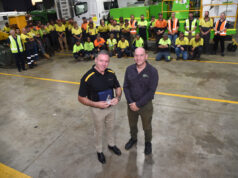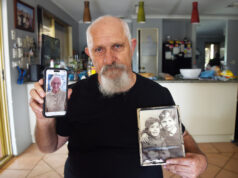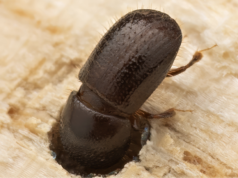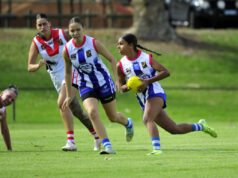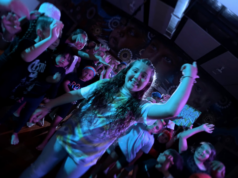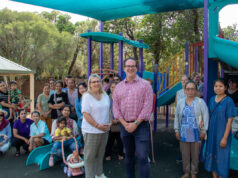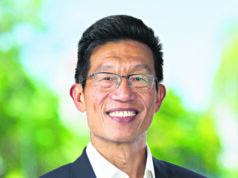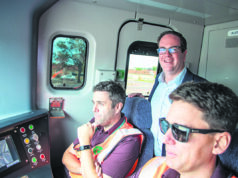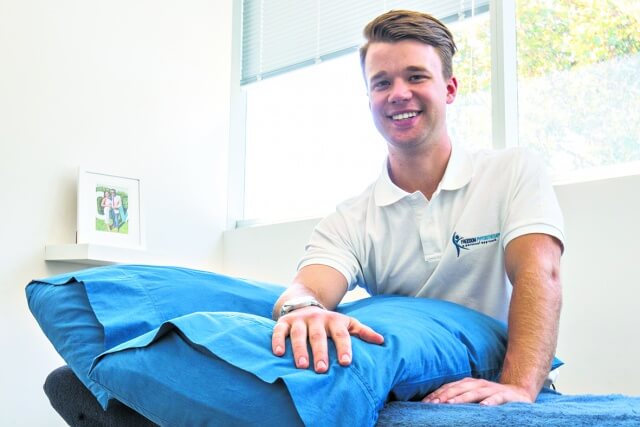
A joint study between Curtin University physiotherapists and Princess Margaret Hospital to improve the way muscle exercises are conducted could yield big improvements in quality of living for children living with cerebral palsy.
Cerebral palsy was a physical disability, which affected muscle movement and occurred when the developing brain was damaged during pregnancy or shortly after birth.
It was the most common physical disability in Australian children – 34,000 Australians live with CP and there is no known cure.
Muscle movement exercises were critically important in maintaining healthy muscles in people with CP and were often overlooked by sufferers and non-sufferers.
Principal physiotherapist at Freedom Physiotherapy in Bentley Jordan Powell said regular muscle exercises did a lot to improve mobility.
“The muscles play a huge part in the way we move and how we move when creating good movement patterns,” he said.
“If you don’t have adequate muscle strength the patient could be at risk of instability, poor motor control, which then can initiate poor movement patterns that thus result in injuries.”
The Curtin University study into helping children with CP looked at ways to help sufferers exercise their muscles at home.
Physiotherapist Rowan Johnson said he and his fellow researchers were studying outcomes from an existing therapy application, which may improve exercise engagement.
Therapists often prescribed home exercises for children with CP using printout explanations but Mr Johnson said he found parents often struggled to get their children to complete them away from therapy sessions.
Mr Johnson said that was where the idea for trialling the application emerged.
The Physitrack program was available on iPhone and Android, a browser website and is used by more than 20,000 healthcare professionals worldwide.
It allows users to view exercises in video format with audio instructions.
Children involved with the study were provided with more than 3500 exercise videos, which explained correct techniques and how to complete them.
“We have had a lot of enquiries about this app, including interest from parents of children with disabilities – they tell us their children love technology,” Mr Johnson said.
The app and website also allowed children to leave feedback for their therapist and post questions about the exercises.
It was to be used alongside regular therapy sessions.
“It is important to complement face-to-face therapy sessions with home activities so the child can practice their therapy activities and exercises across their weekly routine,” he said.
“This may include practicing new skills, relaxing in a stretch position, specific strengthening exercises, and fitness regimes.”
The app also made it possible for a therapist to custom-make videos for children to suit specific needs.
The study is ongoing and Mr Johnson and his research team will not know if the app had been successful until the study was complete.
Mr Johnson said he was hoping to open the therapy up to children across WA.
Families with children with CP aged six to 17-years-old who were interested in getting involved could contact 9443 0817 or email physitrack@abilitycentre.com.au.


